Stimulating Therapeutic Engagement for Neurodivergent Children Through a Robotic Ball
Kumsal Kurt, Eda Karaosmanoğlu
Artefacts mediate the interaction between therapists’ goals and children’s engagement during sessions but when these artefacts lack meaning for the children, maintaining their attention becomes challenging. How can artefacts align therapists' goals with children's intrinsic motivation for play?
In this study, we explored the potential of Fizzy, a spherical robot, in promoting engagement between therapists and neurodivergent children within special education settings. This goal is particularly valuable, as engagement and motivation are often challenging to maintain for neurodivergent individuals.
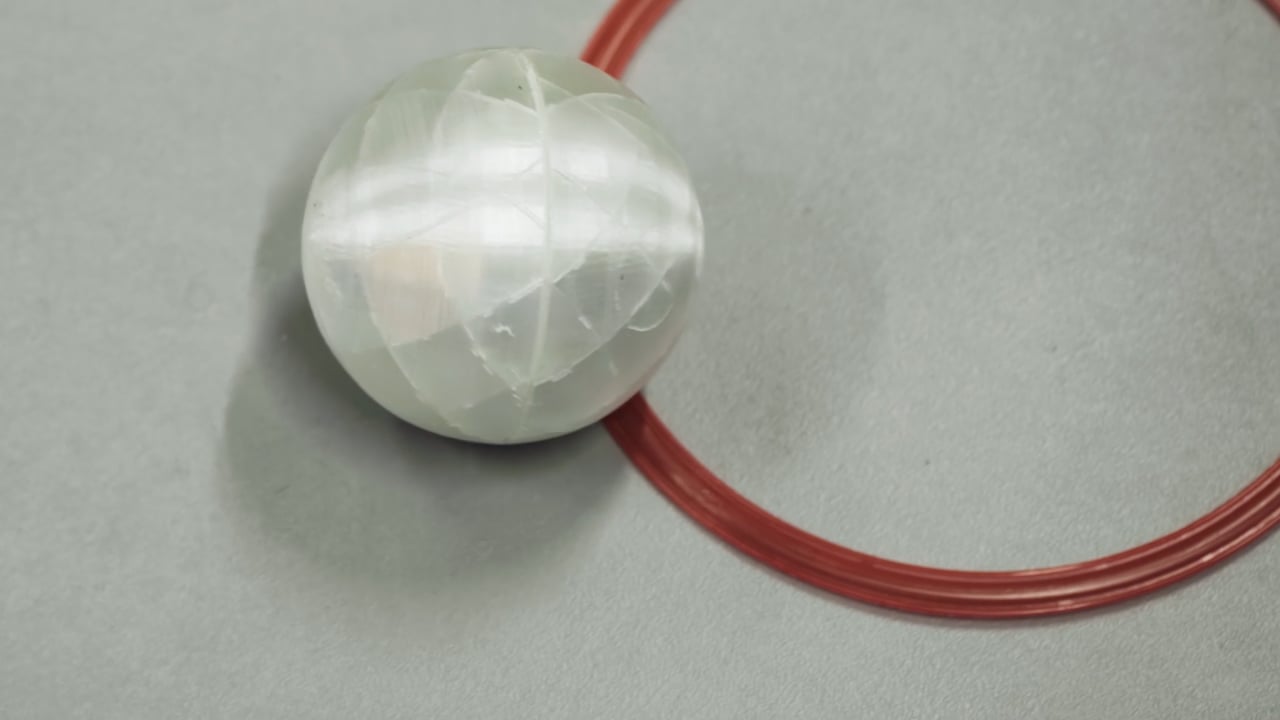
Neurodivergent children, often require specialized education to address their unique physical, social, and cognitive conditions. Current tools in special education settings sometimes fall short in engaging these children effectively. The project explores the potential of a robotic ball 'Fizzy', to bridge this gap by aligning therapeutic goals with children's intrinsic motivations for play. By fostering an engaging and interactive learning environment, Fizzy aims to enhance therapeutic outcomes and improve the overall well-being of neurodivergent children in special education and beyond.
The study uncovered the complex relationships between the robot, child, and therapist in various activities, shaped by the dynamic interplay of tasks, games, and engagement, demonstrating how Fizzy, as a therapy tool, mediates and enriches the therapeutic process with its behaviours.

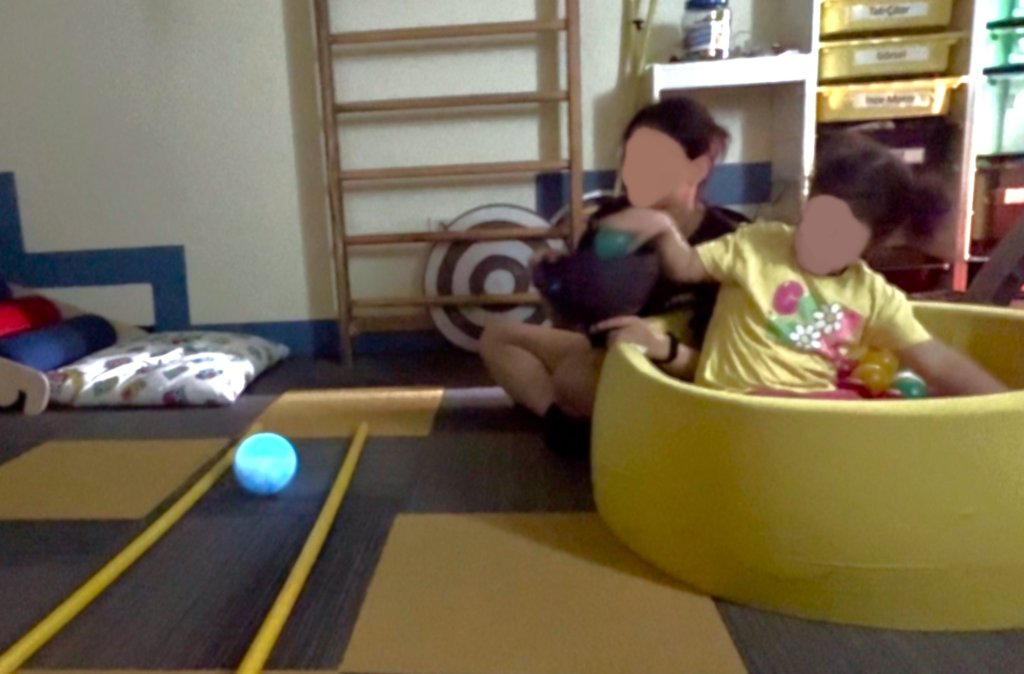
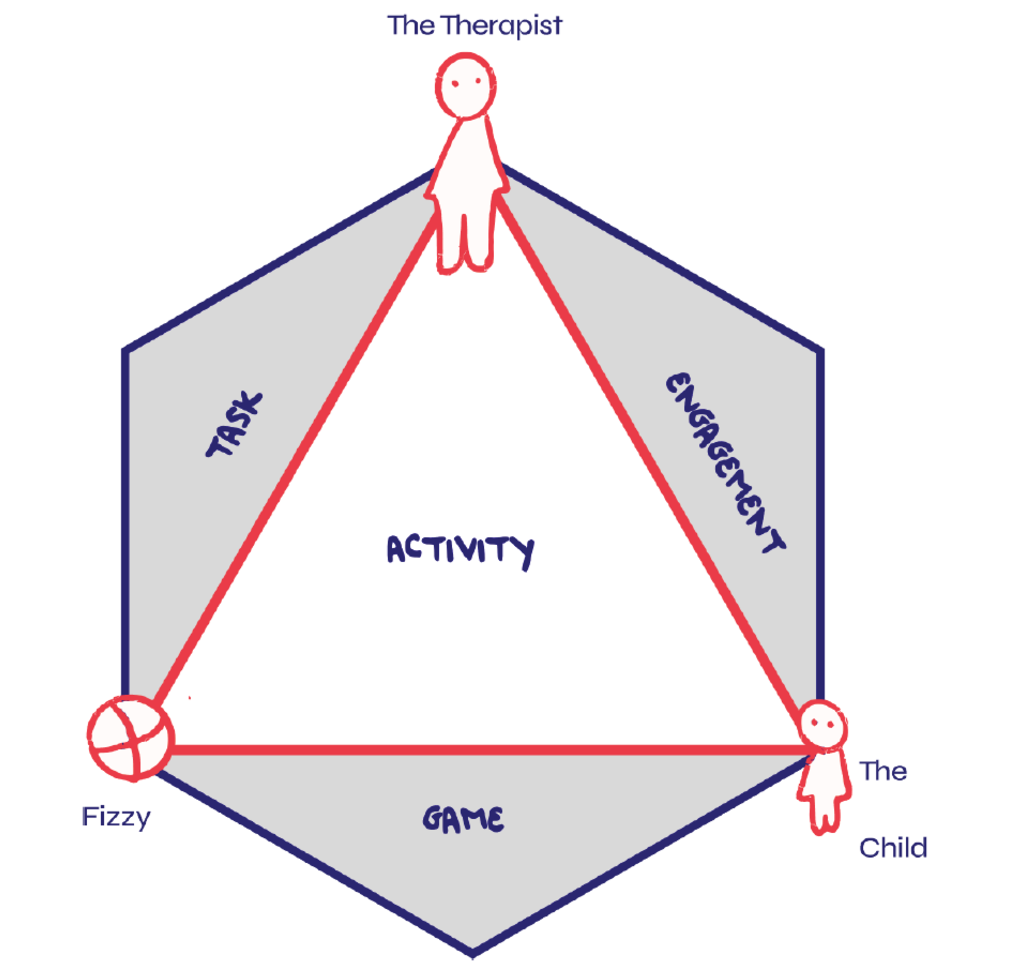
The process began with contextual research into the needs of neurodivergent children and the challenges faced by therapists in engaging them. Using ethnographic research in the special education setup, the project identified key gaps in current therapeutic tools. With the research through design (RtD) approach, Fizzy was used as a therapeutic tool - a robotic ball that can interact with children through movement, lights, and sound, creating a multi-sensory experience that promotes engagement and skill development across social, physical, and cognitive domains. The process included multiple iterations and testing phases, incorporating feedback from therapists and observing children's interactions with the prototype. The insights and values Fizzy brought to the activities were designed as the library of behaviours card set that informed the final design concept, Fizzy EDU. It is a comprehensive service system consisting of a hub, ball, remote, and app, all designed to support a wide range of therapeutic activities.
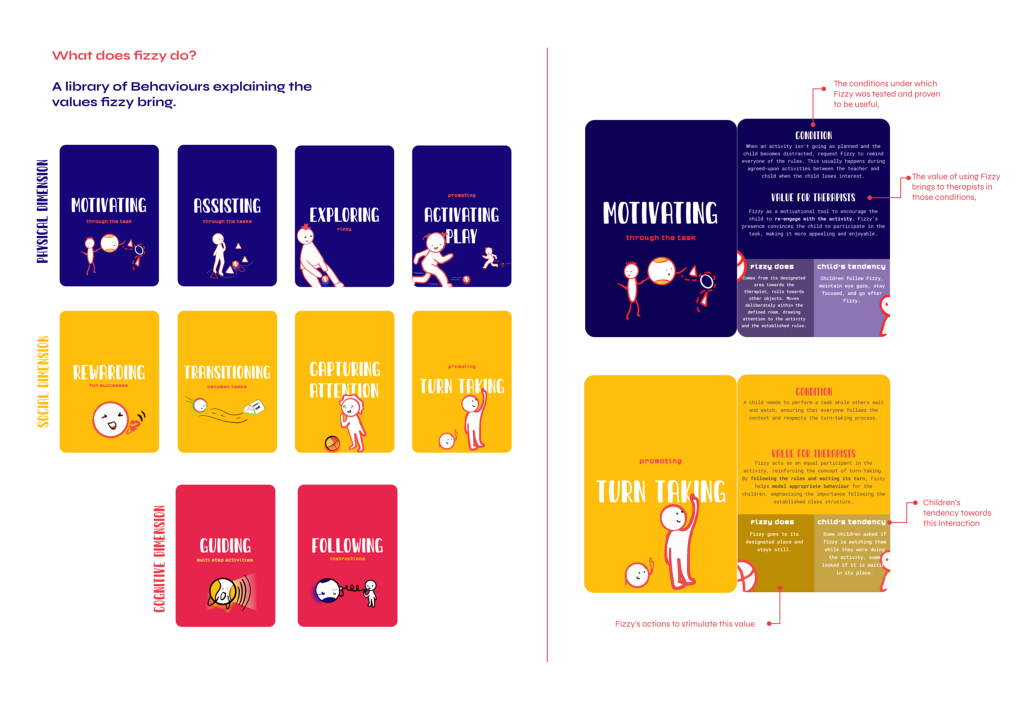
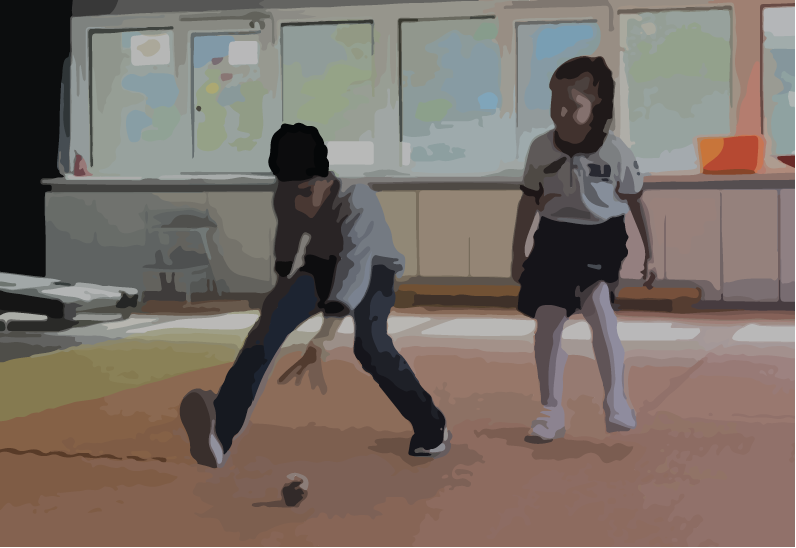
The elements of Fizzy EDU align with key goals and values that are pivotal for enhancing therapeutic outcomes such as engagement, skill development, and customized interventions. The concept aims to address the specific needs of the current therapy dynamics by being a playmate to children and assistant to therapists. By combining play with technology, the project highlights the potential of design to create meaningful interventions in special education.
While the concept shows promise and sets a high standard for the functionality of employing Fizzy Edu as a desirable educational therapy tool, the actual implementation in the near future may be constrained to simpler technologies due to practical limitations as it is an adapted and conceptualized version of the original Fizzy. Therefore, there is a need for future research on the development of a prototype that integrates the service system model to assess the long-term impacts. Despite these challenges, Fizzy EDU represents a significant step forward in designing inclusive, adaptable tools that enhance learning and well-being for neurodivergent children, prioritizing input from educators who are imagined to be the primary users of the device.
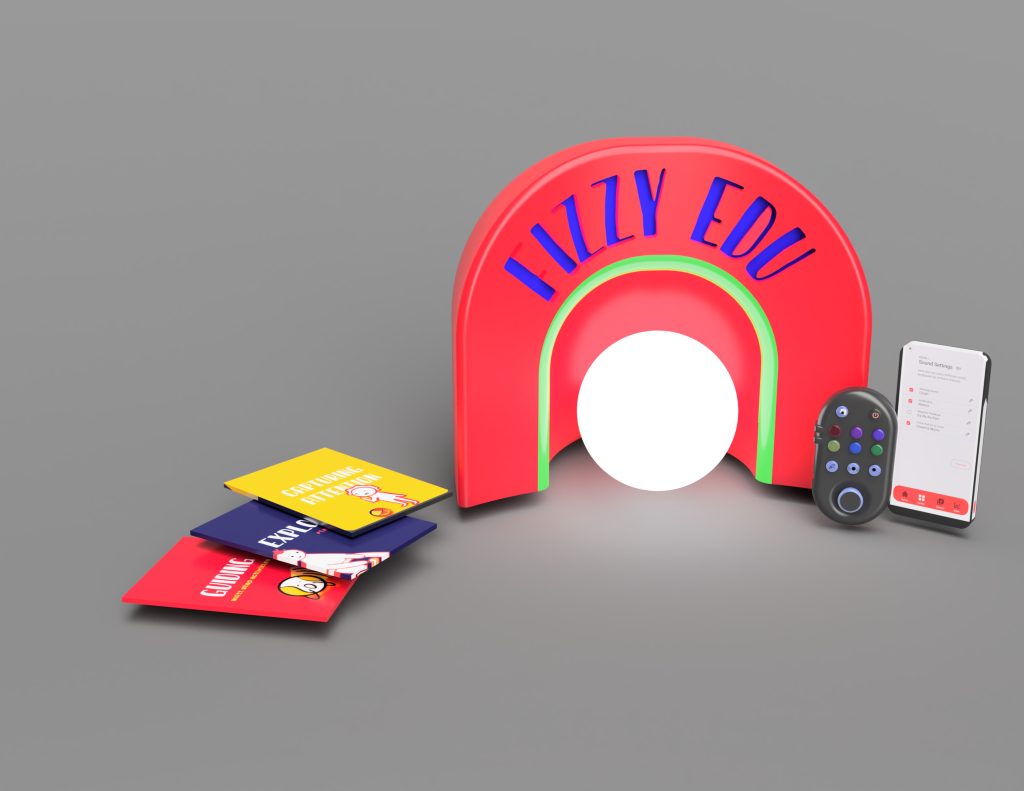
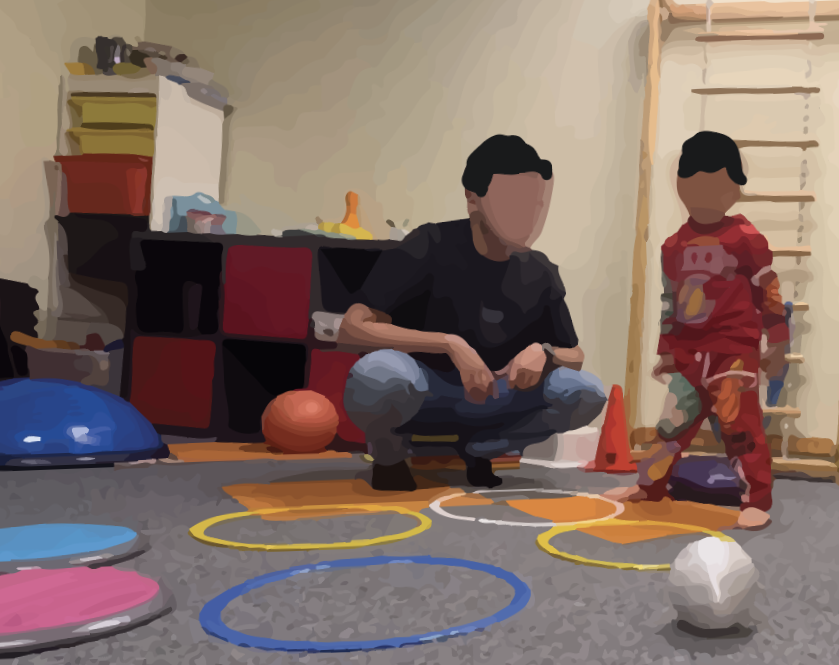
#EdTech #Neurodiversity #ChildRobotIntractions #designforplay
Share
Contacts
- -
- -Eda Karaosmanoğlu
